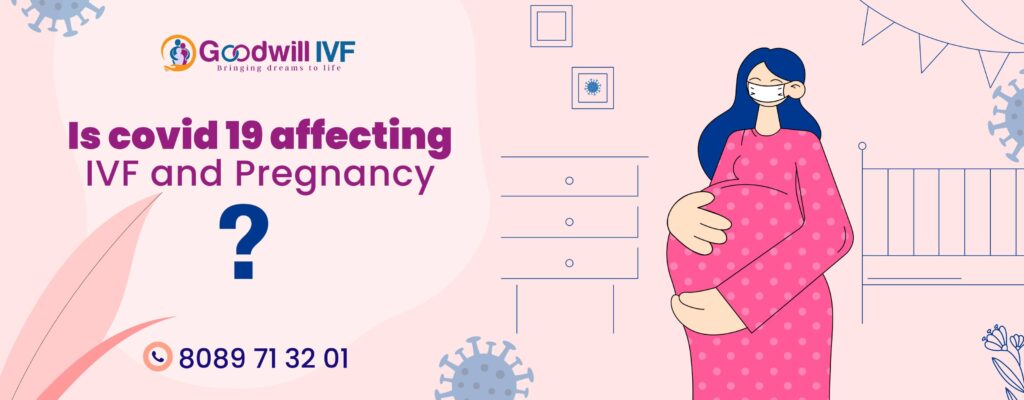For many individuals and couples who are unable to conceive naturally, in vitro fertilization (IVF) is the ideal fertility treatment due to its high success rate. Fertility medications are commonly used to ensure effective results. It is advisable that patients should first consider if they are good candidates for taking the medications required for performing the conventional IVF procedure.
Let’s have a look at why fertility drugs are used for an IVF journey and what patients can expect to experience while taking these medications.
The Role of Medications in IVF
During IVF cycles, doctors prescribe various fertility medications to their patients as part of the treatment process. These fertility drugs trigger the release of various hormones that assists in stimulating egg production and maturation while also regulating ovulation in females.
When taking these medications, women are made more fertile during the possible egg retrieval and embryo transfer procedure, which largely improves the chances of a successful pregnancy.
These fertility drugs also help optimize the treatment process by assisting fertility doctors to manage each step of the procedures so as to meet the needs of their patients.
Types of fertility drugs used in IVF procedure
Fertility drugs are used in the treatment of some women who have been trying to conceive but have been unable to do so naturally. These drugs are the main treatment for women who have fertility issues related to polycystic ovary syndrome and also for those who have fertility issues related to hormone imbalances.
There are various kinds of fertility drugs, as well as dosages that may be prescribed for IVF. This depends on numerous factors, such like the type of IVF cycle being performed, the couple’s fertility goals, and if the couple planning to become pregnant has any desire to choose a more natural approach.
However, prescriptions usually include a combination of the following medications:
- Clomid or Serophene (Clomiphene) – Clomiphene is a kind of estrogen-blocking medication. This medication triggers the release of GnRH (gonadotropin-releasing hormone), FSH (follicle-stimulating hormone), and LH (luteinizing hormone), that signals your ovaries to produce more eggs.
- Follicle-Stimulating Hormone (FSH) – In some cases, additional FSH may be used in addition to clomiphene to assist and stimulate the production of eggs.
- Human Menopausal Gonadotropin (hMG) – This fertility drug is a combination of FSH and LH, which can be used to supplement the effects of clomiphene.
- Human Chorionic Gonadotropin (hCG) – This fertility drug assists in triggering a woman’s ovaries to release viable eggs.
The exact medications and kinds of drugs required for your treatment will be usually determined during the consultation process. Always keep in mind that some of the given medications can be taken orally while others will be administered through injections.
Common Side Effects related to the use of Fertility Drugs
The side effects that come with the usage of most fertility drugs tend to be mild and temporary. it’s seen that the side effects are comparatively milder in oral medications (clomid) than injections (gonadotropins).
Common side effects related to Clomid medications include:
- Hot flushes
- Bloating
- Abdominal pain
- Headaches
- Tender breasts
- Weight gain
- Abnormal menstrual spotting/bleeding
- Dizziness
- Nausea
Potential side effects associated with gonadotropins injections include:
- Headaches
- Nausea
- Dizziness
- Upset stomach
- Abdominal tenderness
- Bloating
- Acne
- Weight gain
- Abnormal menstrual spotting/bleeding
- Soreness around the injection site
A complete list of side effects and tips for managing them will be provided to patients during their consultation with the doctor. This ensures that patients have full knowledge of their medications and can find ways to reduce any discomfort.
Timing is Everything
No matter the fertility drugs or hormones a patient requires, their effectiveness usually depends on precise timing. Patients should take the prescribed fertility drugs as per the instructions of their fertility specialist.
To promote optimal treatment, all fertility visits must be attended on schedule. Note that the improper dosage or administration of any fertility drug may result in a failed IVF cycle or can even reduce the potential for a successful pregnancy.
Discuss more about IVF in detail
Fertility medications are only one part of the IVF process. There are numerous lifestyle changes that patients should consider to boost their fertility, and other treatments that can serve as supplements to an IVF procedure. When you make a visit to Goodwill IVF, one of the Best Infertility Hospital, we cover all of these issues and assist patients make an ideal treatment choice considering their situation.
Discover about advanced fertility treatments
If you would like to gather more information about fertility treatments and how they can help you start the family you have always wanted, be sure to contact our team of fertility specialists at the Best IVF Center in Malappuram. We will work closely with you and discuss different options in-depth so that you can make fruitful and informed decisions regarding your fertility journey.


